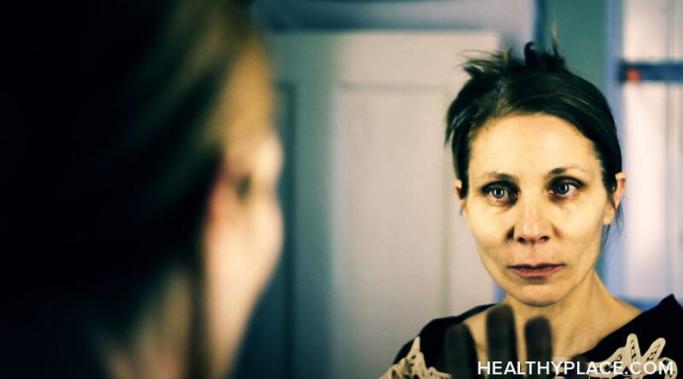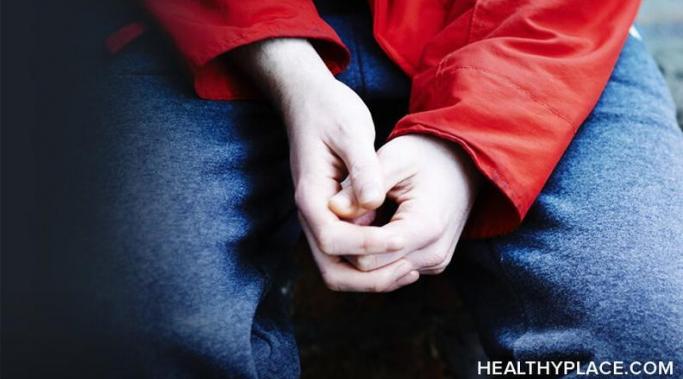There are advantages and disadvantages about living openly with mental illness. The disadvantages are usually steeped in stigma, which perpetuates in part because people are afraid to be open about mental illness. Out of all the false assumptions that exist, there are probably three that cost us dearly: the belief that we should be treated like children, the belief we don't know what's happening to us, and the belief that we aren't reliable.
More than Borderline
Last week, I wrote about my experiences with an abusive church. To be honest, I don't know how I survived the mass abandonment that happened when I left. But I do know that it is possible to recover from the pain of religious and spiritual abuse. Here are some steps toward healing.
Are you in a unhealthy relationship or an healthy relationship? Here's a 60-second test that may help you find out.
A new documentary, "Kidnapped for Christ", was recently released. Although I haven't seen anything other than the promo, the movie made my must-see list. The movie is about a dysfunctional Christian behavioral modification school and the teenagers who were sent there involuntarily.
It brought back memories. While my parents thankfully never sent me off to the Dominican Republic because of my psychiatric disorder, I feared that they would. Some kids, including a high school friend of mine, weren't that lucky. I was, however, abused in the name of God, just like these folks were, as a form of mental health treatment.
Some say that art can be therapeutic. Music is no exception. Recently, I've discovered three songs that are, as far as I know, not about borderline personality disorder (BPD), but do a remarkable job describing it. The songs are Meredith Brooks's Bitch, Billy Joel's She's Always a Woman to Me, and Natalie Merchant's My Skin.
When I was in Richmond State Hospital, I heard from multiple patients on different units that they had trouble getting painkillers that had been prescribed. In the case of Vicky, this was true even though the painkillers were not narcotics. And in Eric's case, when another doctor administered painkillers, staff were furious. It raises an interesting question, "Do psychiatric patients have a right to prescribed painkillers?"
Yesterday, I was evacuated from my apartment due to problems with the power, the heat, the roof, and the water. I spent the night at a shelter and returned home today. It was not a fun experience, but it made me think about what people with a mental health condition should do to keep their sanity in the event of a natural disaster.
The rights of people with mental illness are a developing field. Sometimes court decisions have made things better than us--for example, the law that if in crisis, only the least restrictive means can be used to restrain us. Sometimes, however, court decisions have made things worse. What is in our best interests is not always what the court has ruled is right.
Recently a hospital in Indianapolis cut its number of beds for psychiatric patients, despite the fact it was already running at 98 percent capacity. More Than Borderline blog author, Becky Oberg, argues that psychiatric care, although expensive and unprofitable, should not be a budget casualty.
I'll be honest, I'm not in the proverbial "Christmas Spirit". Things have been rough lately. I got challenged to a fistfight (When Violence Accompanies Mental Illness), my 2-year-old niece had surgery, my neighbor died and I lost one of my jobs. That's a lot to get hit with during an ordinary time of year, but around Christmas... Well, it taught me that Christmas is not always a joyous time of year for everyone. And that's okay.








